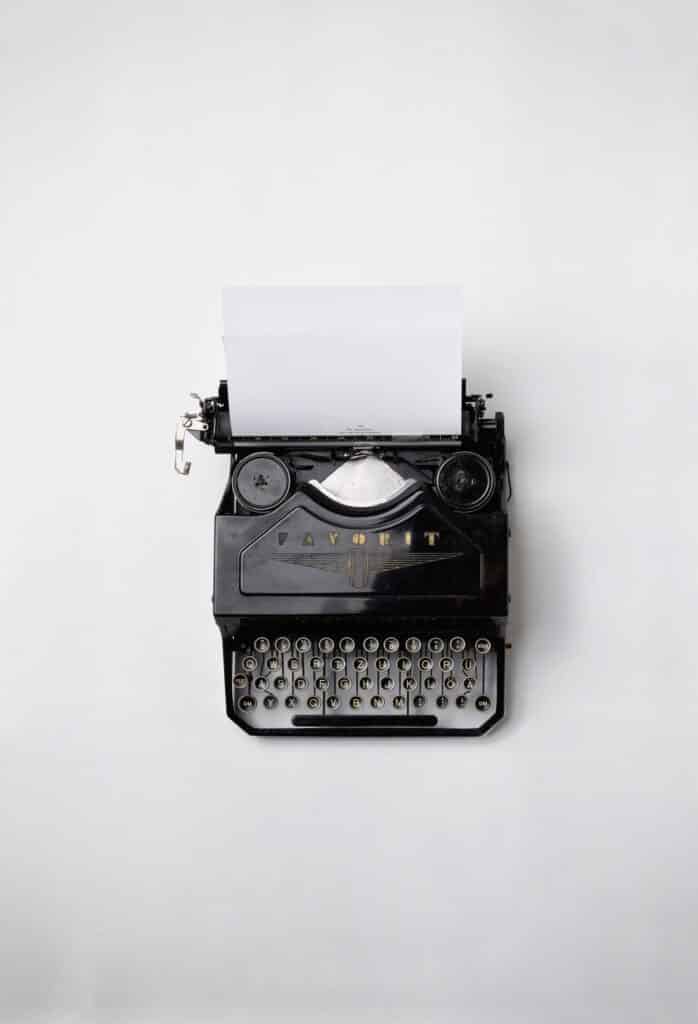A book editor and publisher are the first things new authors look for after they finish their book.
Who Should You Work With, an Editor or Publisher?
An editor is the reader’s advocate. They find errors, inconsistencies, and places for improvement. They make sure that the story is readable and makes sense to the reader.
The publisher serves a different purpose. They are responsible for publishing your work in an appropriate format for distribution. Their goal is positioning in the market to attract the most sales.
Editors and publishers have different roles in the publishing process. Therefore, it’s important to know what you need before doing business with one of them to ensure they will meet your needs while producing optimal results.
GOAL
Our goal is to help you publish the best version of your book!
What’s the difference between hiring an editor or getting an editor through a publisher?
Traditional publishers often provide in-house editing as part of signing on an author. And while they do a good job, the cost to publish through them is prohibitively expensive. A vanity publisher will charge you upfront, while a traditional publisher hides the fees. An editor gets paid, and those costs come directly or out of future earnings. Hiring an editor – either freelance or directly – is a much more affordable option.
Traditional publishers may give you access to their in-house editing team, and it could be part of your publishing package. There is no upfront cost, but there may be hidden costs. It’s often cheaper to go with your own editor and get a slightly better package through your publisher for marketing or another service.

What’s the benefit of either?
Either way, you are paying for the editor through your long-term publishing package or directly. It is often better to hire your own and have more control and cheaper fees. A publisher needs to pay their editor, and if they don’t have that fee, they can roll those savings down to you through your advance or other perks.
Some common mistakes authors make when hiring an editor
Authors often make the mistake of trying to edit their own manuscripts. This is a common mistake because it’s difficult to notice every typo and grammatical error in your own writing. Editing someone else’s work requires a fresh set of eyes and an outside perspective that can help identify all the errors in your manuscript.
Get sample edits before hiring an editor to make sure they work with you the way you want.
What Should Be Included in Your Book Proposal?
With a book proposal, you are selling your book idea to an agent. Therefore, include the idea of the book, who will be reading it, and how you want it to be marketed.
To interest agents in your proposal, you must present them with a compelling and well-written summary of your idea for a potential book. The best way to do this is by writing an introduction that includes who the target audience for the book will be, what lessons or insights you want readers to glean from it, and how you plan on marketing it once published. Some agents will have a format they want you to follow, so check first.
Do you need an agent or not? How much will it cost you? What are the benefits of getting an agent?
Writing a book is a significant investment of time and resources. So it’s in your best interest to do whatever you can to make sure it does well.
The agent will help you find a publishing house, negotiate the deal and act as a buffer between you and the publisher. They will ensure that your interests are handled by the publishers while also ensuring that they are getting their cut for their services rendered. They can also help you get reviews (without violating terms of service) and launch the book, leading to more sales.

Don’t be afraid to negotiate with a publisher!
Publishers need authors to write content that sells. They can pick from thousands of eager writers, so they really want your book if they show an interest. Don’t be afraid of negotiating with them or getting an agent to represent you on your behalf.
Duties of a Book Editor and Publisher
The responsibilities of an editor or publisher may include:
-read and provide feedback on a manuscript
-provide editorial guidance
-ensure that a manuscript is as perfect as possible before it goes to print
-manage the publication process
How to Get Published and After Writing Your First Book
The hardest part about writing a book is getting it published. However, when looking to get published for the first time, there are many things you can do to make your book more appealing, such as find an agent or publisher who will help you promote the book.
When looking for a publisher or agent to represent your work, it is important to be selective to ensure that they will give your work its best chance at success. You also should find someone with the same values as yourself and not just someone who agrees with what your work is about.
For example, editors at traditional publishing houses are responsible for reading and providing feedback on manuscripts. They also ensure that the book is as perfect as possible before it goes to print. They are also in charge of managing the publication process. But digital publishers rarely have editors because they will hire freelance editors instead.
How to Publish Your Own Book Quickly and Easily Online
People are always looking for easy ways to publish content they think will be relevant and worthwhile. So what is easier than self-publishing it online? You don’t need to deal with agents or publishers. But there are some things to think about before you get started.
The first thing you need to do is find a topic that’s not too broad and not too niche. This can be a difficult task, but the rest is easy once you have narrowed it down. You should then decide how much money you want to spend on editing, design, marketing and distribution. Set a budget ahead of time.
Once everything has been considered, the last step would be figuring out your marketing strategy for your book launch. This includes advertising, social media posts and other promotional material that will attract readers of your book’s genre. Sites like Bookbub.com and advertising through Amazon and Facebook are great options.
The Secret to Successful Self-Publishing and Starting the Writing Process
To write the best book possible, start by outlining the story, creating an outline of the chapters, and writing a synopsis of each chapter.
The second step is to create a cover, at least in your mind or a draft drawing. It will help you see how the story will look to the reader and can help you form the story. Nothing beats a killer cover and creating a cover draft before you flesh out the story is a great way to get direction in the writing process.
The third step is to set up an editor, cover designer and formatter. Start looking early so you can hit the ground running when you finish your book.
What You’ll Need to Get Started With a Self-Publishing Process
Self-publishing is a great way to get your work out there, and it’s also a great way for you to make money. Many people are self-publishing their work, and they’re seeing success.
When you publish your book, you must know the publishing process or hire someone with that experience. You’ll also need the following: an editor, cover designer, interior designer, formatter, eBook version creator, ISBNs or Library of Congress Control Numbers (LCCN), and a marketing plan.
When should an author get an Book Editor and Publisher?
Early. It can take weeks to vet the perfect book editor and publisher make and sure they meet any deadlines. You need to get sample edits, make sure the fees align with your budget and check they can get the job complete in time.
A book editor and publisher should be chosen based on their credentials because they can offer advice about what would work well for a given audience and provide constructive feedback about what is needed to improve the book.
